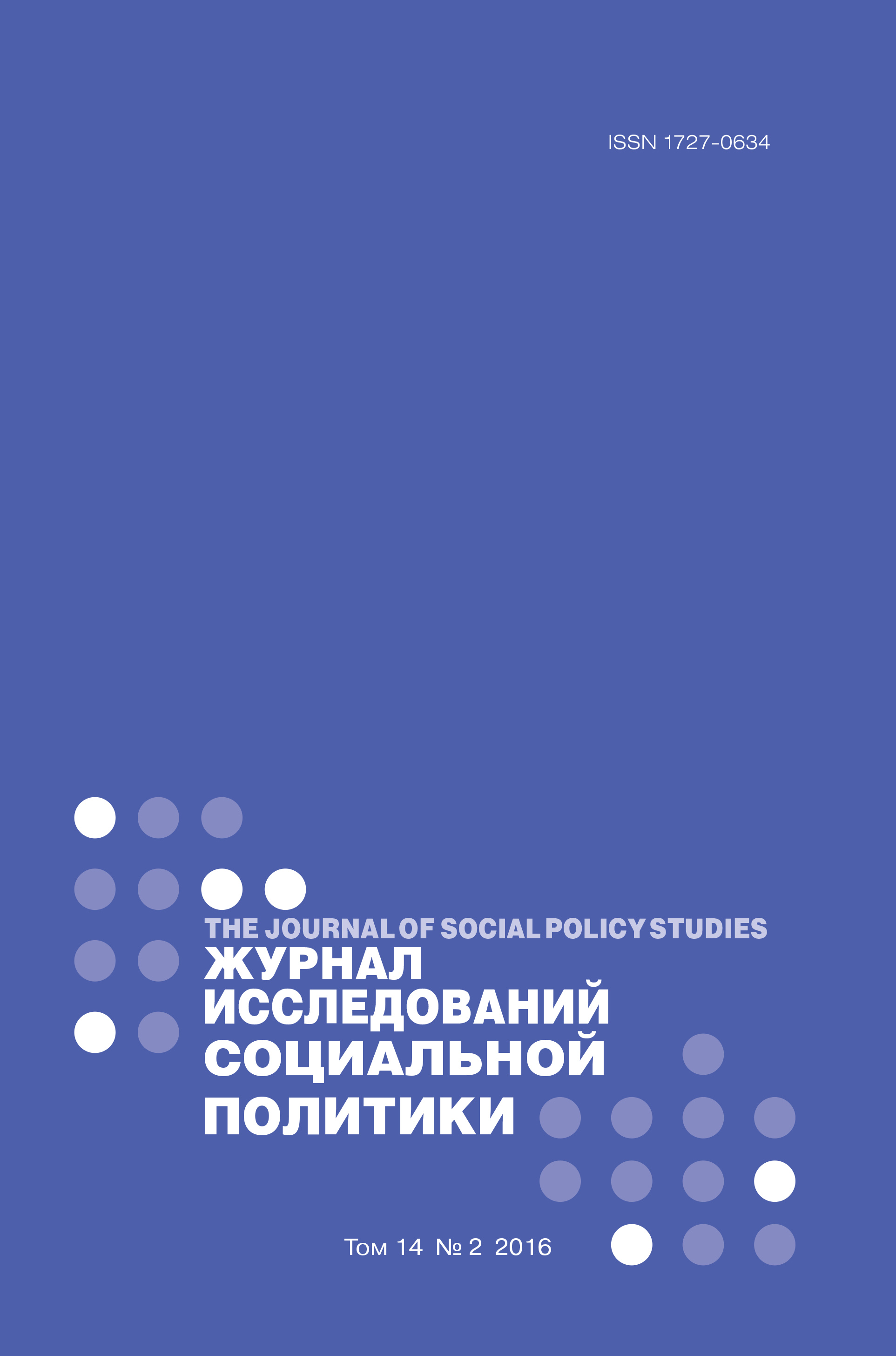A Comparative Analysis of Corrupt Police Networks in Bulgaria and Russia
Abstract
In spite of institutional change, corrupt networks have been tremendously successful enterprises at the expense of the public good and continue to return and evolve with new elements. For corruption to prosper it must possess an efficient and resilient social organization. Given the understudied nature of organized police corruption and its detrimental consequences for socioeconomic development and (inter)national security, this study seeks to understand how corruption functions as a social system in different institutional regimes. To do this, we draw upon organised crime, covert networks, secret societies, and organisational theories, using a mixed-method approach that combines comparative case study and qualitative social network analysis to reconstruct the actual operational schemes of two ongoing corrupt police networks in Bulgaria and Russia. This analysis reveals that in spite of corruption’s diverse manifestations in a variety of institutional regimes, organisations and societies, it exhibits a common network configuration. Shadow police alliances typically have a core led by a high-ranking official who, assisted by 'money movers,' takes key economic and political decisions. The core develops a buffer zone to protect itself from investigation. Lowranking officers tend to undertake high-profile activity while the core members tend to keep such activities at an arm’s length from themselves to ensure deniability of any corrupt practices. Finally, there is a periphery composed of an officer clientele that finances, warns and protects the network from internal or external threats. Networked police corruption is predominantly oriented towards moneymaking, resembling an intelligent enterprise more closely than terrorist or anarchic criminal groups. It has regular customers, owners and workers. There is evidence of labour division, hierarchy and defined responsibilities. The production process of corruption is carefully conceptualised with the client and is organised and operationalised in an elegant assembly line, in which every member adds new value to the final product. This is incentivised by a sense of property rights enforced by the secret code. Nevertheless, organised police corruption is far from being efficient or similar to the democratic practices of a state institution. Just like an organised criminal group, it fabricates threats and self-perpetuates on the very insecurity it injects in the market. It produces discrimination on the market and is unfair towards those policemen who do not engage in corruption.















